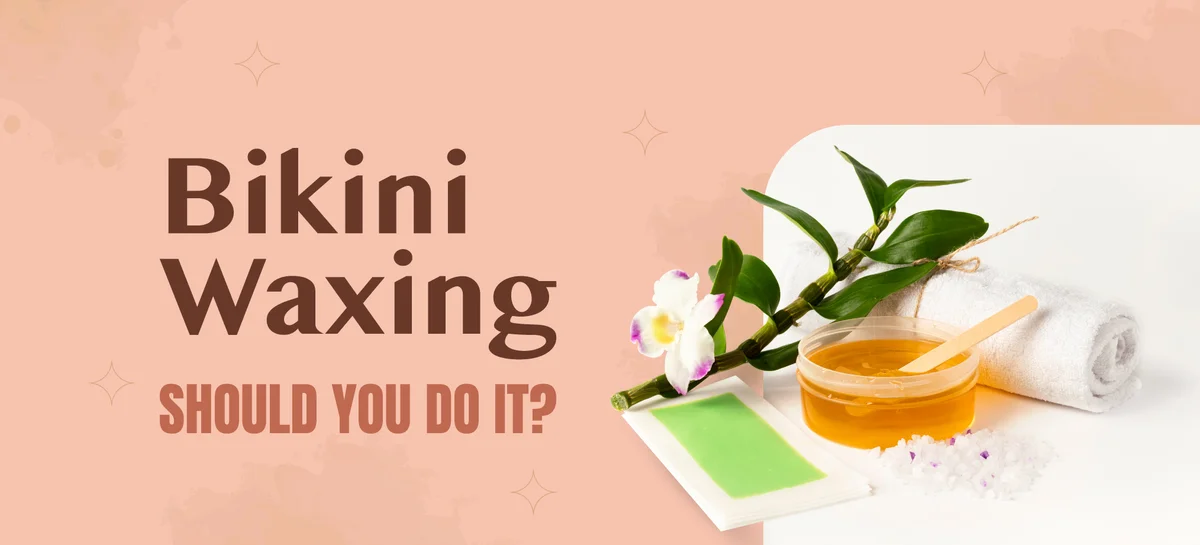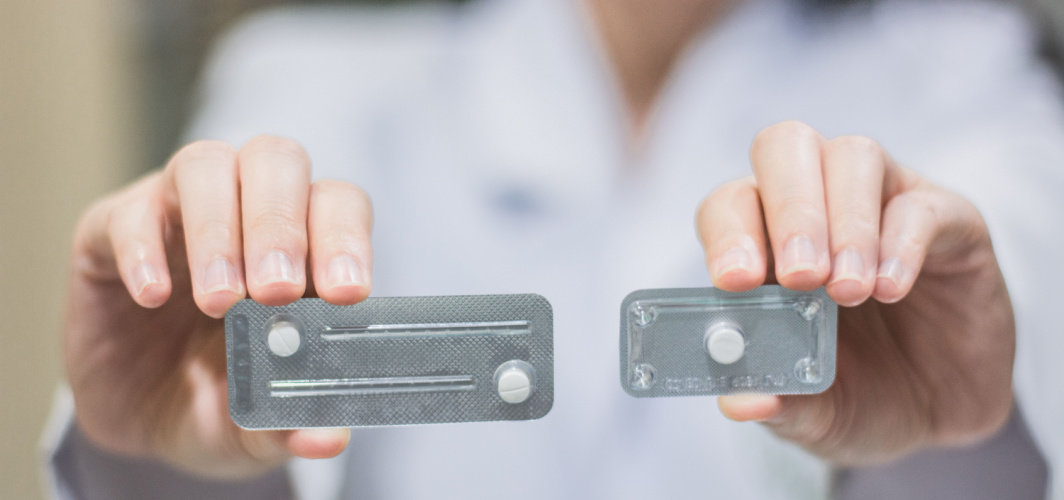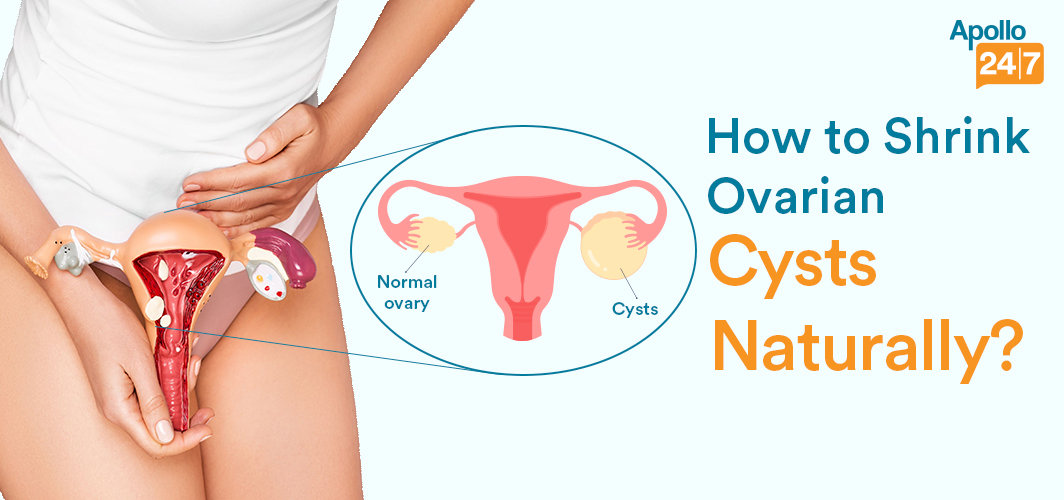- Home
- Blog
- Women Care
Waxing Intimate Areas: Should You Even Do It?
Women Care
Waxing Intimate Areas: Should You Even Do It?
By Apollo 24|7, Published on- 14 November 2022, Updated on -05 December 2022
Share this article
0
0 like

When it comes to intimate care, there is no shortage of rumours, myths, and misconceptions flying around out there. One of the most misunderstood areas of this domain is intimate cleaning, especially hair removal. There are several questions about which hair removal techniques work the best and whether it's safe to use them. In today's time, women have the option of choosing from a variety of grooming methods like shaving, waxing, trimming, and laser hair removal. Out of all these options, waxing is the most popular one. But, is it safe? Should women wax their intimate areas?
Risks of Waxing Intimate Areas
Gynaecologists often warn against any methods of hair removal that rip hair from the follicles of the skin. This is because not only can it lead to genital-area skin infections but also removes the hair that protects your genitals. A study has revealed that more than 50% of women who removed pubic hair suffered from at least one complication like burns, rashes, lacerations, and infections.
While waxing, if a part of the hair breaks below the surface of the follicle, it may result in ingrown hair. The inflammation (due to waxing) blocks the hair follicle, causing the remaining part of the hair to bend and grow inside the follicle. An ingrown hair can become infected if bacteria gets trapped in the follicle. Moreover, using a subpar wax service can lead to infection around sensitive areas like skin around the anus and on the labia.
Additionally, anyone who has ever had waxing done knows that redness (erythema) is a common side effect, especially so when it is carried out on the sensitive skin of the intimate areas.
Benefits of Waxing Intimate Areas
Waxing your intimate areas not only gives you buttery smooth skin but also acts as an excellent form of deep exfoliation. This kind of physical exfoliation effectively removes the majority of the dead skin cells and promotes collagen production.
When done correctly, waxing intimate areas is less likely to lead to unwanted rash, irritation, or bumps as compared to shaving or using an epilator. It is also the least irritating to your skin when compared to other hair removal methods. Moreover, waxing pulls out pubic hair from the roots. So, when it grows back, it is softer, thinner, and weaker than before. Consequently, over time, it reduces hair growth making grooming easily manageable.
How to Prepare for Bikini Wax?
When it comes to waxing your intimate areas, there are certain steps you can take to ensure the best results and minimal side effects. These include:
- Before getting a bikini wax, make sure your pubic hair is at least a quarter inch long, which makes it easy for the wax to grab and makes the procedure more effective.
- Gently exfoliate the area a couple of days before the treatment to prevent ingrown hair. However, make sure to avoid exfoliating right before the treatment as it can irritate your skin.
- Wear loose bottoms and breathable, cotton underwear to ensure maximum comfort after the procedure. Make sure your skin does not experience too much friction from either clothes or exercise.
- Take a warm shower right before your appointment at the salon. This will help in softening pores and make the progress much easier and quicker.
When it comes to choosing a method for pubic hair removal for yourself, there is no right or wrong answer. If you wish to go for waxing, just make sure you understand all the risks and benefits it entails beforehand. If you are in a dilemma, take expert advice,
Consult An Apollo Dermatologist
Medically reviewed by Dr Sonia Bhatt.
Services
Women Care
Leave Comment
Services
Recommended for you

Women Care
PCOS Diet Plan and Exercises to Lose Weight
Polycystic ovary syndrome (PCOS) has become a widespread health issue worldwide and can make it quite difficult for women to lose weight. There are certain diet plans and exercises you can follow to lose weight with PCOS.

Women Care
I-Pill: Indications, How to Use, Side-Effects
Explore I-Pill's indications, usage guidelines, and potential side effects. Make informed choices about this contraceptive option.

Women Care
Ovarian Cysts: How to Shrink Them Naturally?
Ovarian cysts are one of the reasons why a women can suffer from pelvic pain, fullness of abdomen, and bloating. By any chance, if you are diagnosed with ovary cysts, this blog can help you to shrink them naturally. Do read this and know what are the 7 best ways to shrink ovarian cysts naturally.
Subscribe
Sign up for our free Health Library Daily Newsletter
Get doctor-approved health tips, news, and more.

